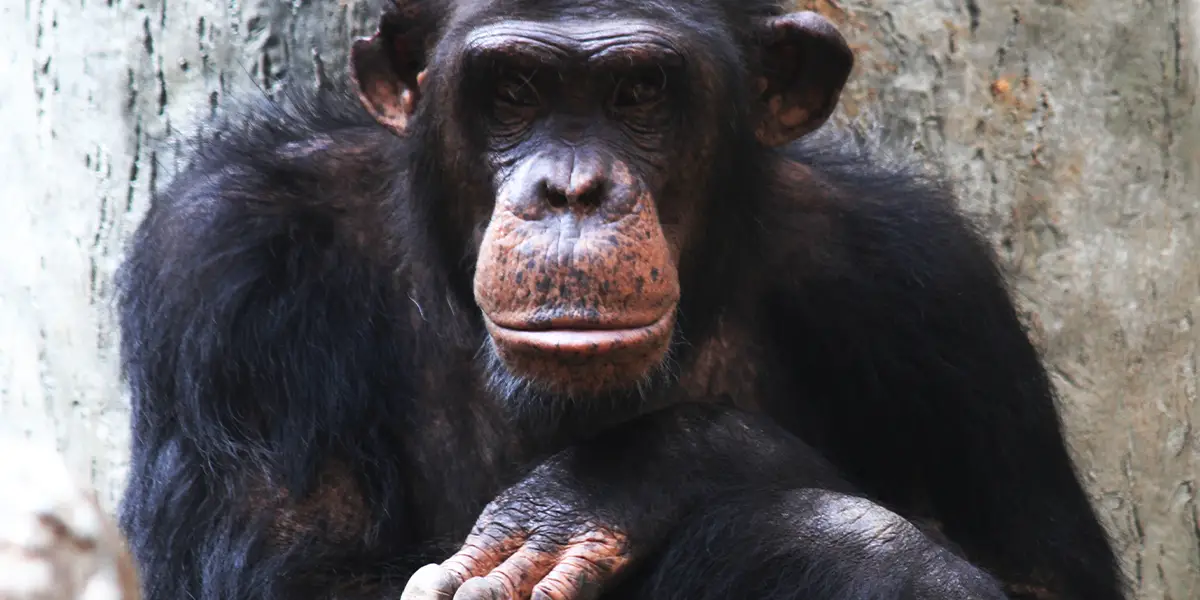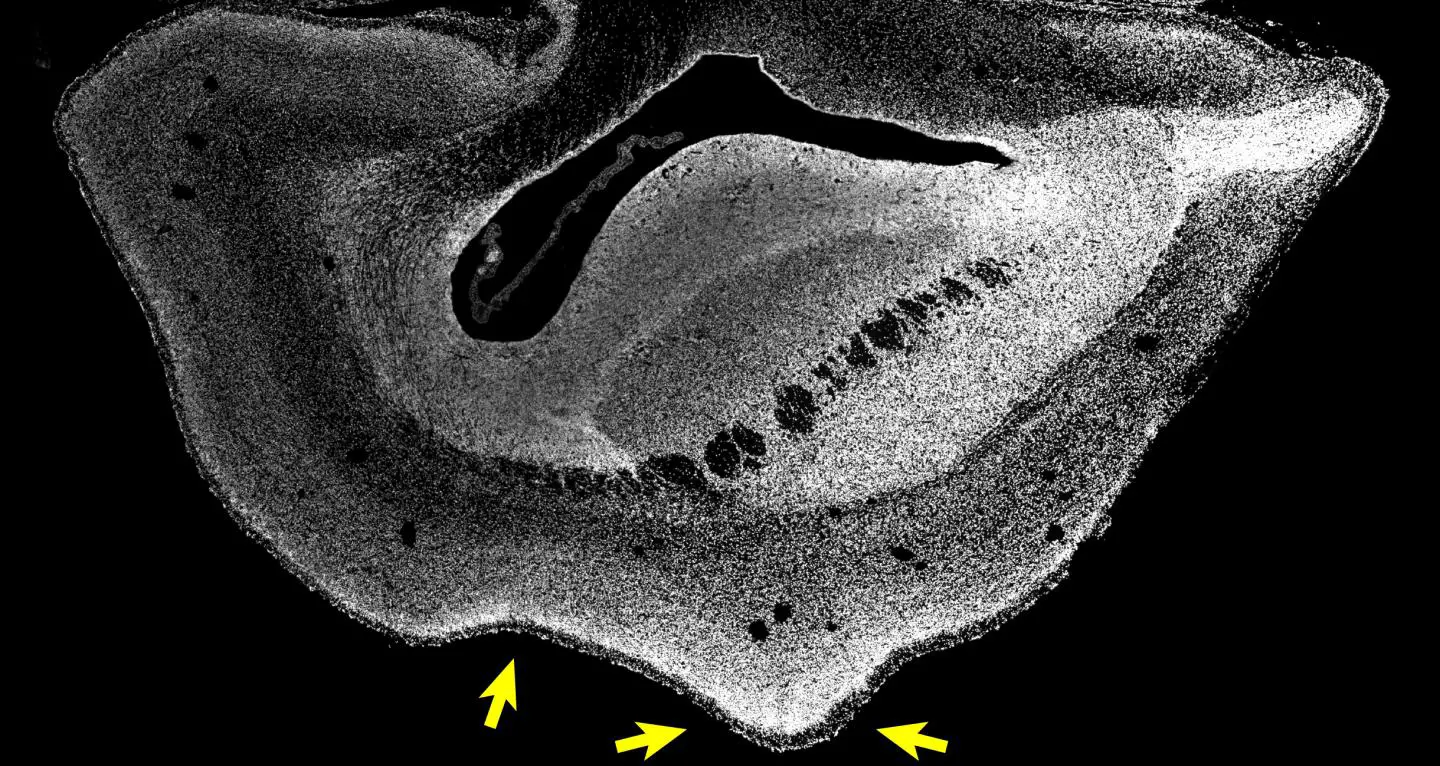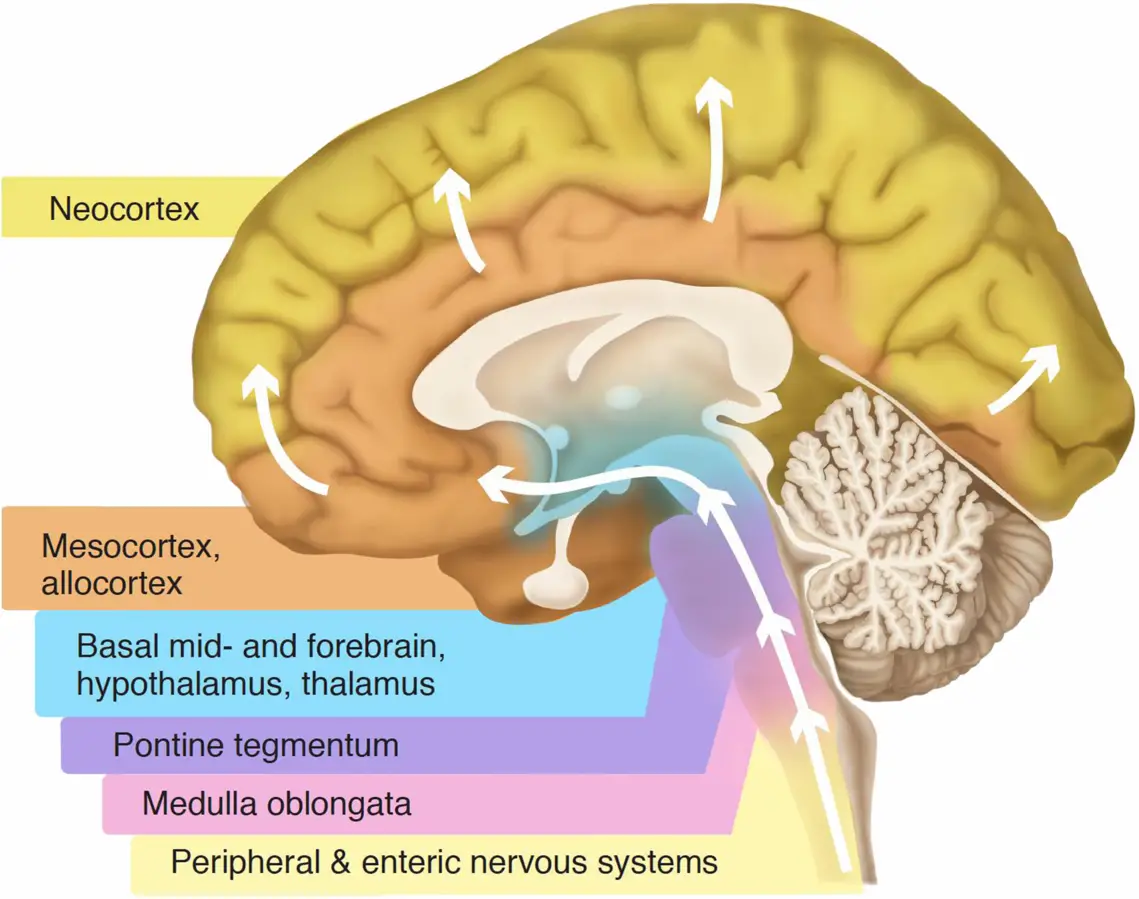Scientists Make Monkey Brains Larger With Injection Of Human Brain Cells
Tags: News

In an alarming experiment, researchers from Japan and Germany teamed up to see if they could increase the size of a monkey’s brain by injecting it with a specific human brain gene that directs stem cells. Scientists know the gene as ARHGAP11B. In their experiments, they were able to successfully increase the size of monkey brains with this method.
In the study, scientists injected the gene into the dark matter of marmoset fetuses, and found that the brains of the animals began to become more “human-like” and developed larger and more advanced neocortexes, which is the area of the brain that controls cognition and language.
The results of the study were published in the journal Science in June, and further publicized in a press release that gave an explanation of the experiment.
The researchers also released images that showed how the monkey brains increased in size over the first 100 days after receiving the human gene injection.

Microscopy image of a section through one brain hemisphere of a 101 day- old ARHGAP11B-transgenic marmoset fetus. Cell nuclei are visualized by DAPI (white). Arrows indicate a sulcus and a gyrus. CREDIT Heide et al. / MPI-CBG
“We found indeed that the neocortex of the common marmoset brain was enlarged and the brain surface folded. Its cortical plate was also thicker than normal,” study author Michael Heide said.
“Furthermore, we could see increased numbers of basal radial glia progenitors in the outer subventricular zone and increased numbers of upper-layer neurons, the neuron type that increases in primate evolution,” he added.
Hey, are you enjoying our content? Want to see also some thought-provoking videos from Truth Theory? We are on YouTube, make sure you subscribe to our YouTube channel, click HERE
The researchers said that this could teach us more about how human brains developed, and what factors might have caused the human brain to grow significantly in a short amount of time.
Scientists believe that the neocortex is the newest part of the brain to evolve, and the study’s authors say that this could be a sign that the ARHGAP11B gene could be responsible for this period of rapid growth in human evolution.

Visanji, Naomi P. et al./Wikimedia
The monkey fetuses were aborted due to “unforeseeable consequences,”
Wieland Huttner, one of the lead researchers in the study, explained that the team confined their analysis to marmoset fetuses because they expected the gene to affect the neocortex development.
“In light of potential unforeseeable consequences with regard to postnatal brain function, we considered it a prerequisite, and mandatory from an ethical point of view, to first determine the effects of ARHGAP11B on the development of fetal marmoset neocortex,” the study read.
The study was conducted by researchers at the Planck Institute of Molecular Cell Biology and Genetics in Germany and the Central Institute for Experimental Animals in Japan.
Image Featured: Jiri Vaclavek
Leave Comment: